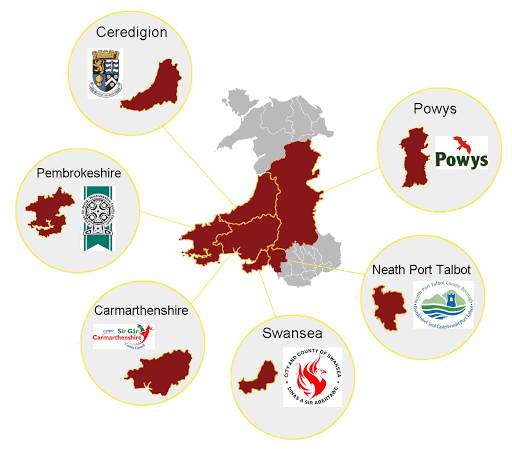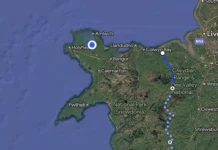A new report for fire and rescue services to help them respond to the climate emergency at a local level has been published by the Local Government Association today.
As climate change continues the impact on the fire and rescue service (FRS) will become more pronounced. For example, Storm Dennis triggered a national fire service response to the wide spread flooding caused by the storm and in 2018 there was a 28 per cent increase in outdoor fires linked to a hot, dry summer.
In future, FRS may be called upon to respond to more extreme weather events, which could stretch local fire services.
The prevention activities of fire and rescue services not only keep people safe but also play a vital role in limiting the amount of carbon dioxide in our atmosphere. As the risks posed by extreme weather increase, the service must be properly resourced to meet that risk.
Local authorities have faced an unprecedented decade of reductions in their budgets and settlement funding for fire and rescue services will have reduced by £230 million in the five years to 2020/21.
At its annual fire conference in Blackpool today, the LGA, which represents all fire and rescue authorities in England and Wales, is calling for fire authorities to be able to help the Government to achieve its commitment to the Sustainable Development Goals.
Cllr Ian Stephens, Chair of the LGA’s Fire Services Management Committee, said:
“Our report helps fire and rescue authorities identify ways in which they can work on the climate emergency at a local level.
“We all have a part to play if we are going to meet the Government’s target of Net Zero by 2050 and meet the needs of our communities as we face a changing climate.
“We want to work with the Government to help it understand the challenges facing fire and rescue services, and how it can use its forthcoming Budget to ensure they are properly resourced and funded so they can adapt to challenges posed by climate change.”
CASE STUDIES
Essex County Fire and Rescue Service and the Environment Agency worked collaboratively to create a framework for use by all UK fire and rescue services for firefighting foam. The establishment of the framework means that suppliers know environmental criteria and will help influence the design of any new products.
The current Greater Manchester Fire and Rescue Service Sustainability Strategy (2014-2020) outlines an overall target of being carbon positive by 2050 and essentially moving beyond net zero. By April 2019, they had achieved a 45 per cent reduction in carbon emissions from a baseline set in 2008/09.
Avon Fire and Rescue Service currently has a target to reduce carbon emissions from its sites and operations by 50 per cent by 2020 and 65 per cent by 2030. However by 2018/19, the Service had already exceeded the 2020 target so it is now currently considering a Net Zero emissions target by 2030 in line with local authorities in the Service area.
Help keep news FREE for our readers
Supporting your local community newspaper/online news outlet is crucial now more than ever. If you believe in independent journalism, then consider making a valuable contribution by making a one-time or monthly donation. We operate in rural areas where providing unbiased news can be challenging. Read More About Supporting The West Wales Chronicle


























